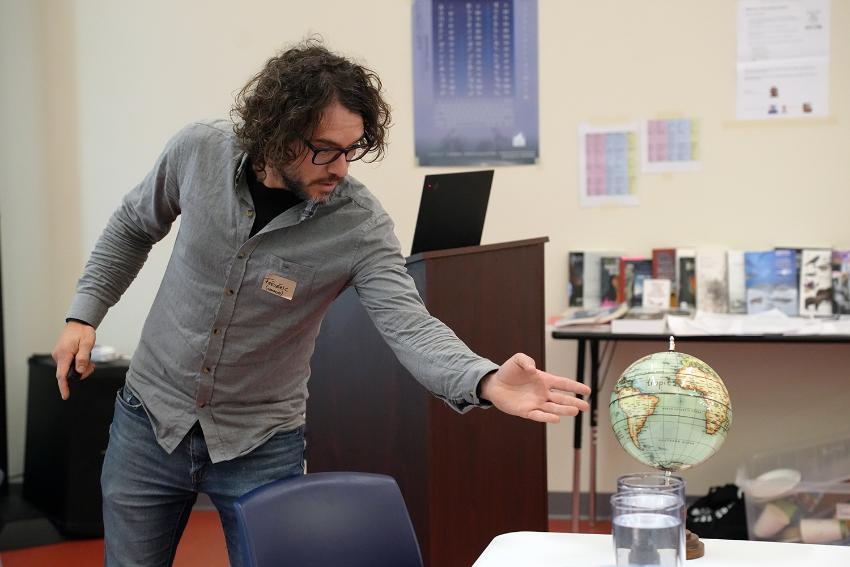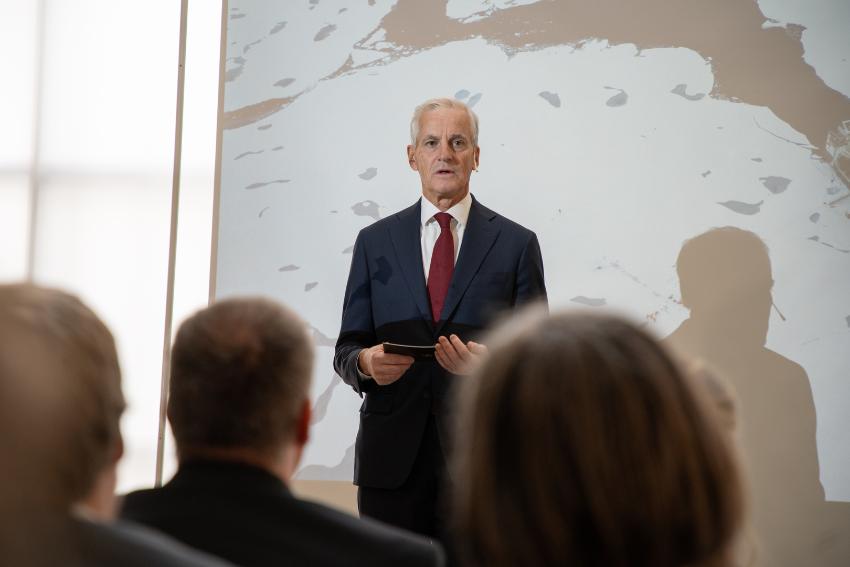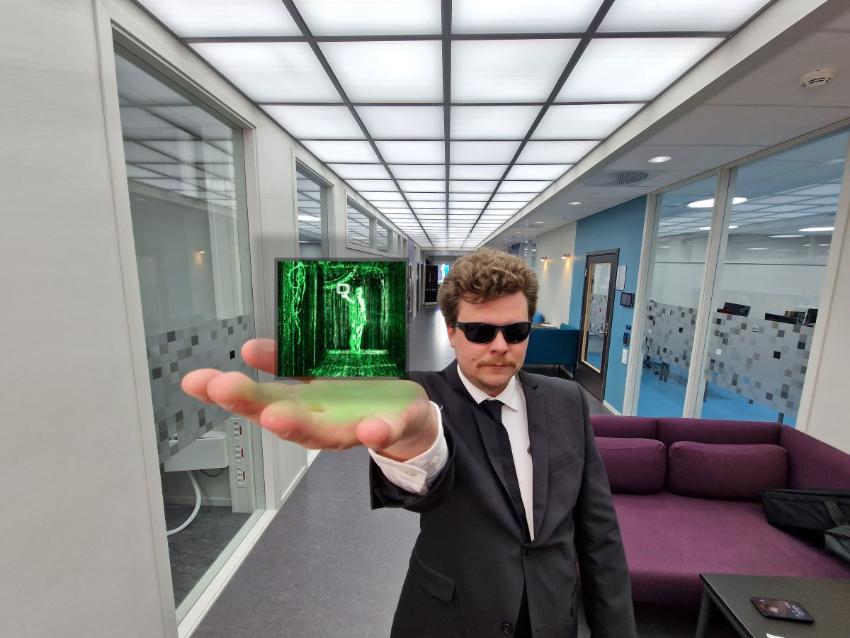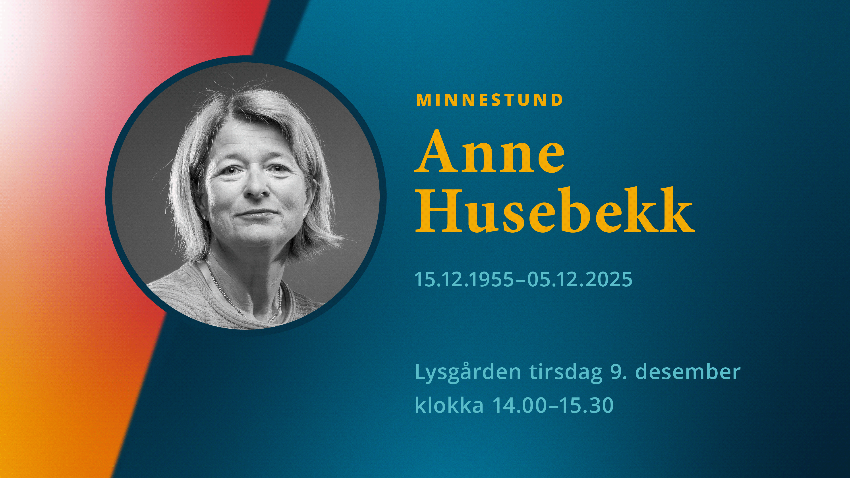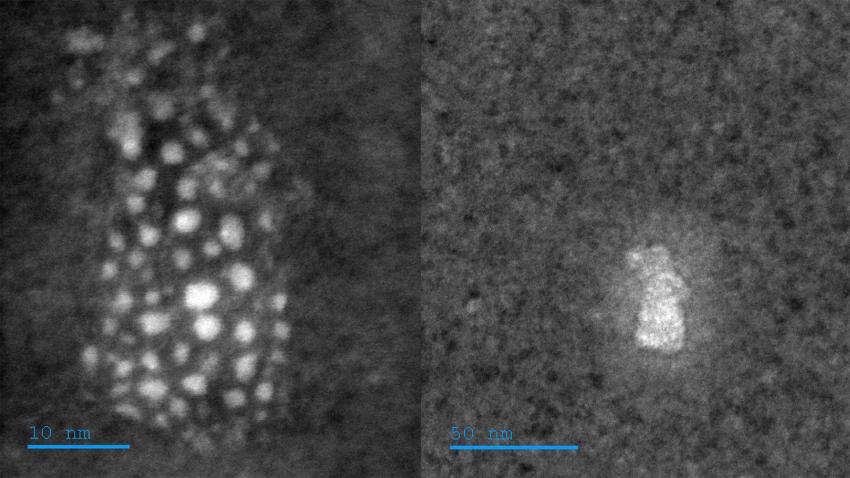Can a university program make the world a better place?
For 20 years, students from all over the world have come to UiT the Arctic University of Norway to learn about fish.

Last week, former students from the study program met in Tromsø to celebrate the program's 20 year anniversary, to catch up on new approaches in fisheries and aquaculture management, and meet old friends and colleagues.
Here you can meet a few of the previous students and read about how they have applied the study program into making a change in their home country og elsewhere in the world.
Ricardo Torres, Spain
Current job: Fisheries officer in FAO in Somalia

What is the most important thing you learned in the IFM program?
- Something that really has helped me is the combination of different backgrounds that we get in this program. In my year there were people from different parts of the world and that really helps you to open your mind to different perspectives and solutions to problems. People from different countries deal with different problems, and it has really helped me to have that background in the work that I do now. That has been really helpful and I am really glad that I did a master's here.
What is your message to students that are thinking about applying for the IFM program?
- It is an excellent program. I truly enjoyed every single teacher. I remember every single teacher from the master's program. The teachers put in a lot of effort and they have a lot of background and a lot of good experience. And if you want you can absorb that, they are really open to work with you and share their experience with you.
Pawa Shimweefeleni, Namibia
Current job: Quality assurance and customer relationship manager for a fishing company in Namibia
- We harvest mostly hake, a fish from Namibia, and prosess it for the European market. 90 procent of our production goes to the European market. So part of my job is basically making sure that we obide by the EU regulations, for the markets that we are going in to. I make sure that the qualitity of the product is in line with the customer specifications.
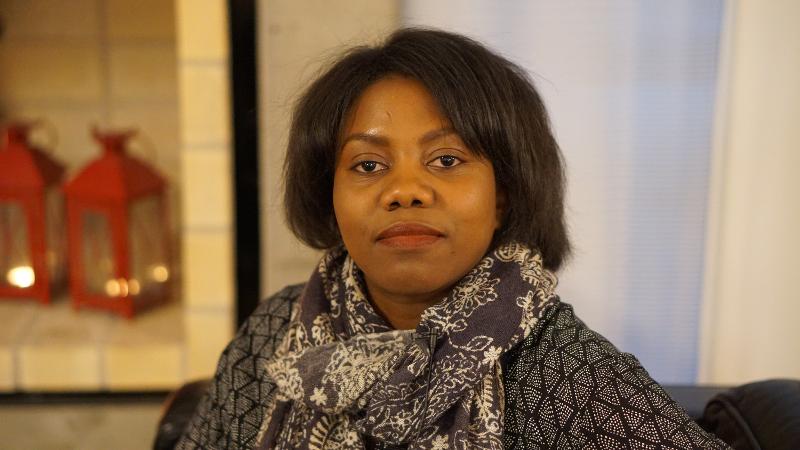
How has the IFM program helped you in your career?
- When I did the IFM program it was multidisciplinary, but it was focused on the ecological and socioeconomic aspects of fisheries, and not so much on the industrial perspective of fisheries management. But over the years, my role has expanded into the regulatory side of EU directives and FDA, for the American market. Having done a little bit of law and legislation, and how that affects fisheries management, has helped me get a grasp of how to interpret and how to study regulation for markets that we sell product to.
What is the most important thing you learned in the IFM program?
- A big part of the program was the multicultural diversity of the many people and the many nationalities that were represented here. Having had an opportunity to interact with people and learn a bit more about what goes on in their countries has helped me bridge a lot of relationships within my job. So, if I go to Holland, I have a story to tell that I had with a Dutch student while I was studying here. It's the cultural, social and the academic aspect and the fact that I lived in Norway, that has helped me to be better at my job.
What is your best memory from your time in Norway?
- There are so many good memories... But when I lived here in Norway, I worked as a volunteer at Bodega Cafe. The only reason I volunteered there was for the free waffles and the free coffee during my shift. It that was such a nice experience to get to know some people outside the program. I made some friendships that will last a lifetime. So Bodega is very important to my experience here, it is a very fond memory.
What is your message to students that are thinking about applying for the IFM program?
- Don't put if off, come right away. You will not regret it! It has been the single most important decision for me, that I came to study here. You learn so much about yourself, the world and about fishing! So, if you are lucky enough to come and study at the northern most university in the world, then do it!
Thanh Viet Nguyen, Vietnam
Current job: Research Director, Hanoi University for Natural Resources and Environment in Vietnam
- I work at the University in Hanoi, I am teaching natural resource economy, and I am applying everything that I have learned here in Norway. Fishing and sustainable development is part of the course I am teaching.
How has the IFM program helped you in your career?
- I think that the program had a great impact on my career. After I graduated I went back home and started to work on a development project there, that later led med to do a PhD in Denmark.
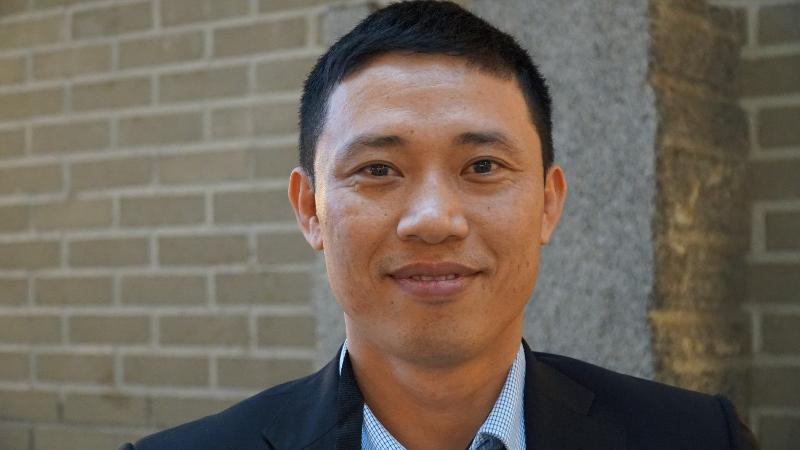
- It totally changed my life when I came to Norway. It was the first time I went to another country. The education program, especially the way you learn here is totally different from in my country. In Vietnam we just sit and listen to the teacher, so when I came here, I had no experience with communicating with people, for instance through teamworking.
What is the most important thing you learned in the IFM program?
- We have also learned so much from different cultures and that changed the way I'm working and learning. It motivated me to get further education, which is a way for me to get a better job and contribute more to society.
- My mother was a teacher, and she wanted me to be a teacher. But I didn't want to do it, because I thought that teaching is such boring work. However, I changed my mind after coming here. I saw that teaching is a learning process where you interact with different people, and you can help people to get better education and escape poverty.
Multidisciplinary toolboox
- The 2 year master program started in 1998, financed the first 10 years by Norad - the Norwegian Agency for Development Cooperation, says Bjørn Hersoug, one of the professors behind the program.
The idea behind the program was to provide fisheries managers with a multidisciplinary toolbox that they could bring back to their home countries and make a positive impact for a sustainable fisheries management. Over the years the program has had over 300 students from more than 40 different countries, 26 countries of which were present at the Anniversary Conference.
- One of the benefits of the program is exposure to new ideas and new networks, in addition, of course, to learning the world's largest language: Bad English, says Hersoug.
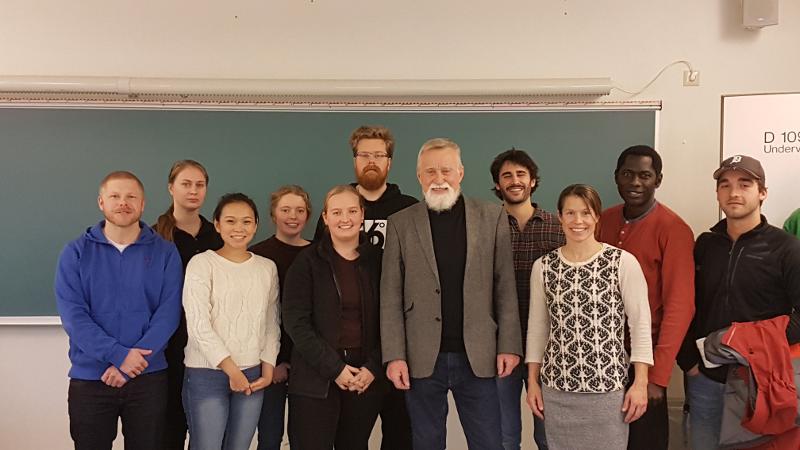
-
Fiskeri- og havbruksvitenskap - bachelor
Varighet: 3 År -
Fiskeri- og havbruksvitenskap - master
Varighet: 2 År -
Akvamedisin - master
Varighet: 5 År -
Bioteknologi - bachelor
Varighet: 3 År -
Geosciences - master
Varighet: 2 År -
Biology - master
Varighet: 2 År -
Computational chemistry - master
Varighet: 2 År -
Law of the Sea - master
Varighet: 3 Semestre -
Biologi - bachelor
Varighet: 3 År -
Geovitenskap- bachelor
Varighet: 3 År -
Samfunnssikkerhet - bachelor
Varighet: 3 År -
Internasjonal beredskap - bachelor
Varighet: 3 År -
Ph.d.-program i naturvitenskap
Varighet: 3 År -
Environmental Law - master
Varighet: 2 År -
Ph.d.-program i nautiske operasjoner: Fellesgrad
Varighet: 3 År -
PhD programme in Nautical Operations
Varighet: 3 År -
Nautikk - bachelor
Varighet: 3 År -
Ocean Leadership - Executive master
Varighet: 3 År -
Havteknologi, ingeniør - bachelor (ordinær, y-vei)
Varighet: 3 År -
Nautikk - årsstudium
Varighet: 1 År -
Marine Biotechnology and Biological Chemistry - master
Varighet: 2 År

